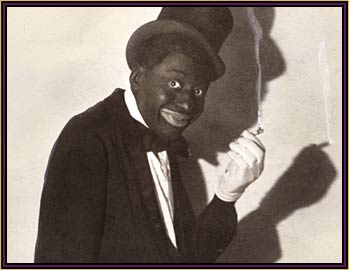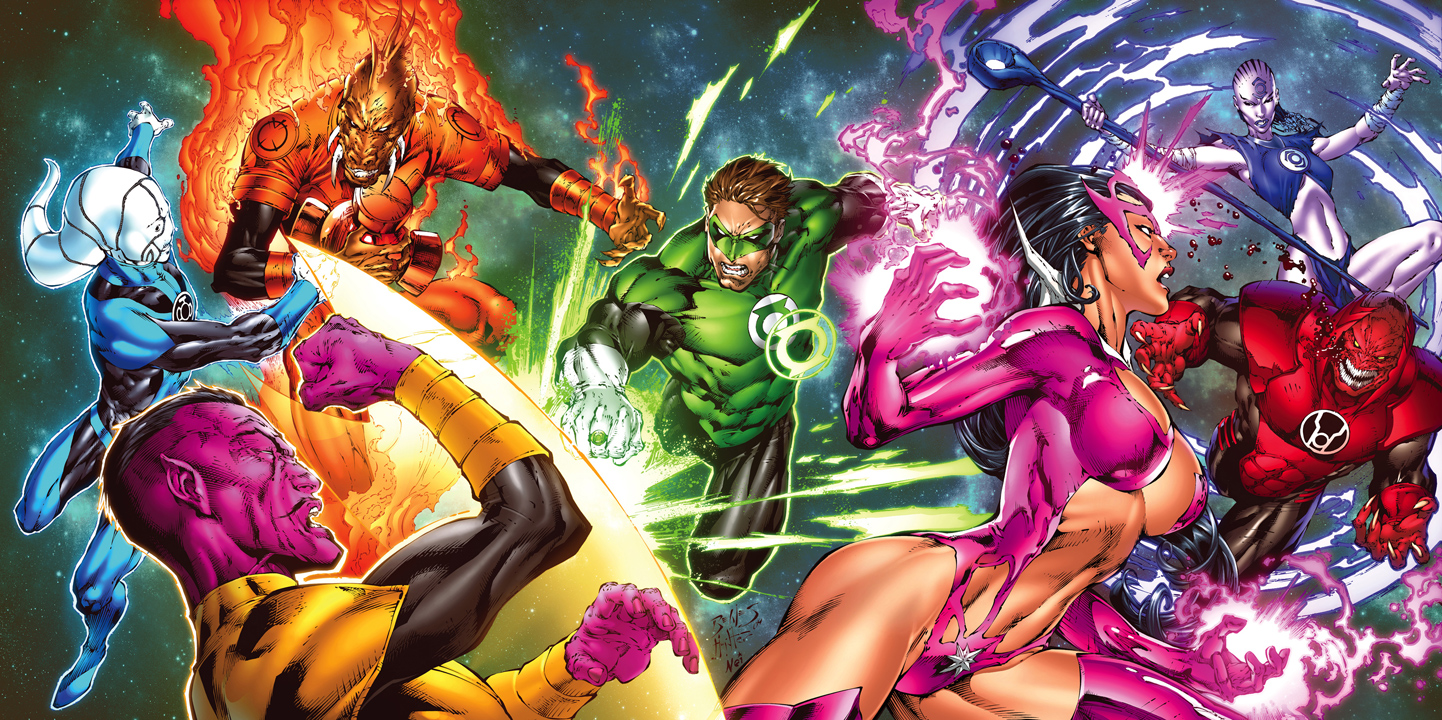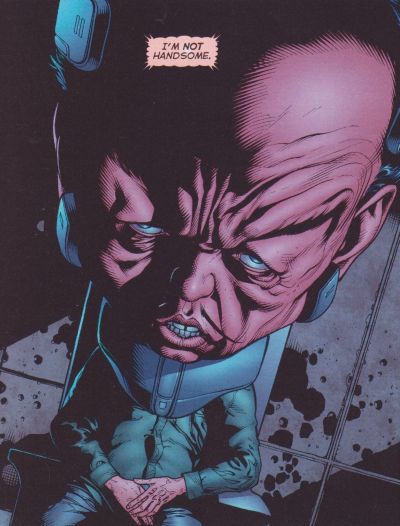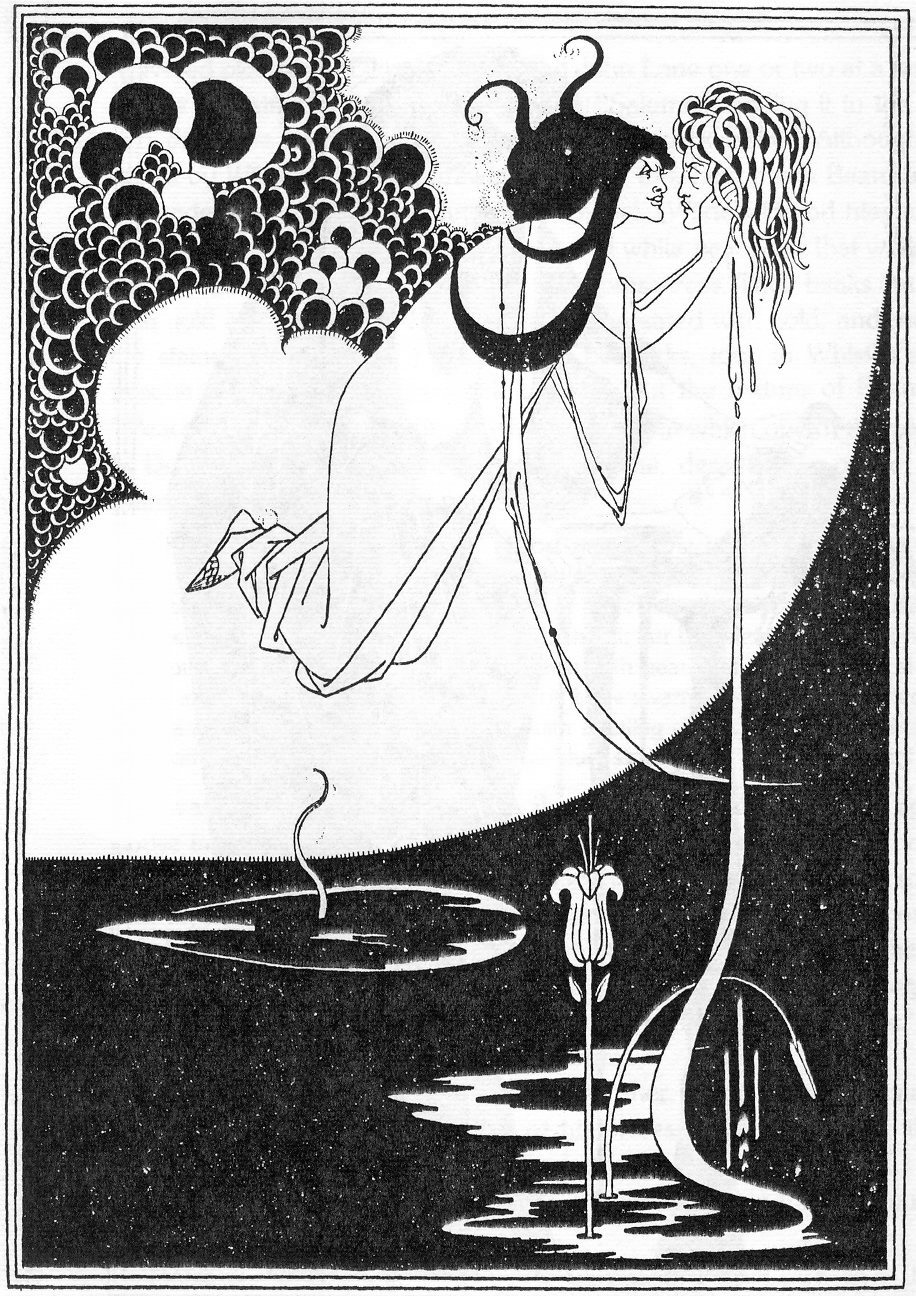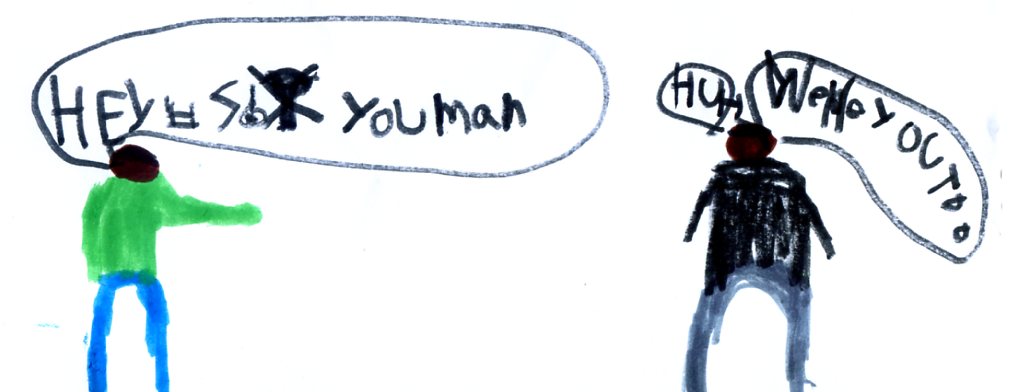Kim Thompson had a number of comments on Alex Buchet’s post about Spirou and Fantasio. I thought I’d highlight them here (he’s in conversation with me for much of this, but I figured I’d let his words stand alone; you can click over and read what I have to say if you want.)
Kim’s first comment:
I think Jean-Paul Jennequin has it exactly right. (Another cartoonist using extreme racist imagery satirically in the 1970s and 1980s: Joost Swarte.) If you assume the readers of SPIROU are sophisticated enough to recognize the silliness of the racial caricatures, then it’s a relatively harmless book that skirts tastelessness. But if you think the readers of SPIROU will genuinely take these absurd caricatures to heart as part of their world view, than it’s a profoundly evil racist work.
Personally, I think France has/had achieved a level of cultural diversity that even the adolescent SPIROU readers were capable of filing those characters away as playful stereotypes that had nothing whatsoever to do with the real world, and if anything have to opposite effect of pointing out their ridiculousness — a junior version of the INNOMABLES and Chaland effects. But that’s of course endlessly arguable.
I also think there’s a certain continuum of literal-minded naïveté that stretches from Fredric Wertham’s conviction that readers of TALES FROM THE CRYPT will think murder is fun to GLAAD’s conviction that viewers of BASIC INSTINCT will think lesbians are all icepick killers to Alex’s unbridled horror at SPIROU here.
Which is not to say there aren’t explicitly, viciously racist or misogynist or homophobic works out there (TINTIN IN THE CONGO remains inexcusable by any metric) or that a culture that continually propagates the same insulting stereotypes doesn’t eventually do some cumulative harm. But if anything the over-the-top ridiculousness of the imagery in SPIROU works in its favor. THE SOPRANOS is probably a lot more insidious than a clearly parodic spaghetti-slurping mafioso like the one here.
I always found Tome and Janry’s SPIROU technically proficient but uninteresting and have read only a couple of them, so it’s not as if my ox is being gored here.
I think there’s a huge difference between Crumb, who’s trying to honestly explore his own misogyny and racism, and someone like the Tome/Janry team, who are just moving around stereotypes for, basically, the fun of it. I suspect they would be horrified to learn that anyone thought any of their readers might actually allow their silly depictions of Asians, Blacks, or Italians to ooze into their word views.
And I absolutely do not think Crumb’s racist strips were aimed at convincing racists of the error of their ways (so their “failure” at doing this is a moot point, and an unfair gauge of the work).
Yes, I understand the difference between Wertham’s calls for censorship and more modern, gentler, kinder voicing of indignation that scrupulously avoids calling for censorship. Call it censor vs. censure (only the vowel changes). I do still think the literal-minded assumption that the depiction of something goes straight into the mind of the reader or viewer is a depressing constant among the censoriously or censuriously inclined. There isn’t that much difference between “This is evil and is warping children’s minds and should be censored” and “This is evil and is warping children’s minds but should not be censored” so far as I can tell.
I don’t know that I’m really defending SPIROU IN NEW YORK. I’ve never read it, and the samples seem dumb and in dubious taste at best. And I do think the history of racial caricature in comics is very problematic. I just don’t think this particular book deserves as shrill, even hysterical an indictment as it being given here.
Maybe I just think modern comics audiences are fairly smart and you guys think they’re impressionable idiots.
Just to be clear, I don’t think SPIROU IN NEW YORK is intended as or constitutes a “critique” of racism at all. What I would say is that any humorous or ethically questionable depiction of a member of an ethnic group has its own built-in perils, and burlesquing the depictions into absurdity is a way of potentially defanging them. In other words, a version of this story involving members of these ethnic groups which DIDN’T feature such flamboyantly silly racial caricatures might actually have been a lot more insidiously racist. (And non-realistic European cartoonists are always hamstrung by a comedic drawing style that almost automatically turns any visual depiction of someone of another race into arguably a racist caricature.)
Another touchstone: Ralph Bakshi’s COONSKIN.
And Fourth.
Honestly, Noah, what you’re reading from my comments bears so little resemblance to what I’m actually saying that this is that this is pretty pointless. I mean, “If we’re all so sophisticated that what we read doesn’t affect us at all…”? You think I think racism is no longer a problem? You’re arguing with a fictional Idiot Kim Thompson and you’re right, he is an idiot, I can’t defend his views.
I think your view completely disregards intent and effect and carries a dismayingly crude view of art and how we perceive it. The implicit binary choice of “The issue is whether the comic in question is racist [or not]” is less cultural critique than cultural demagoguery. The tone is strident, and carries the unmistakable, disheartening undercurrent of “If someone disagrees with me on this, he may be a bit racist himself.”
I do agree that the nostalgic appreciation of cultural racist imagery can both feed into and conceal genuine residual racism (cf. BAMBOOZLED, yes). I’m not defending all (or even any!) old racist imagery, nor all modern ironic/cultural appreciation for racist imagery, nor all attempts to satirize it by burlesquing it, some of which can misfire badly. I’m trying (clearly unsuccessfully) to bring some nuance to the “racist drawings in funnybooks always bad, always harmful” argument.
Again, there’s additional back and forth on the thread if you want to Click over.
__________
Click here for the Anniversary Index of Hate.


